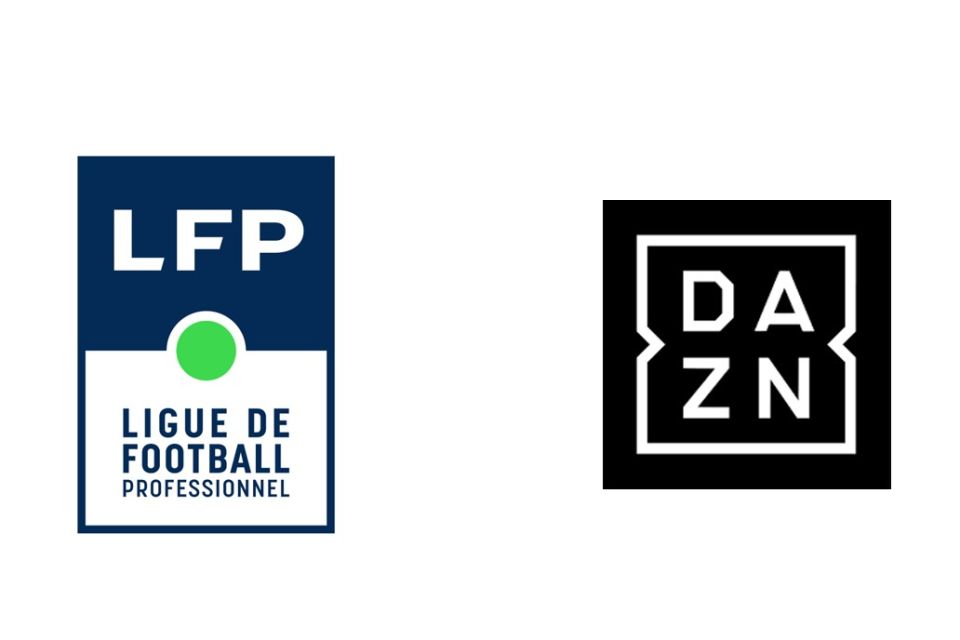
Former Leeds Rhinos captain Stevie Ward has announced his retirement at the age of 27 because of the long-term effects of concussion.
Ward who made 109 Super League appearances and won two Grand Finals and one Challenge Cup suffered his first serious concussion in a pre-season friendly with Wigan last January and was concussed for a second time in the Rhinos' Super League opener against Hull FC a fortnight later. He missed the rest of the 2020 season and his contract expired at the end of last year.
Ward said in a statement: "I have come to the conclusion, after over 11 months of severe symptoms, that I need to give this injury the respect and time it deserves and cannot put my health and brain to any further risk and detriment.”
"On a daily basis, I struggle with migraines, dizziness, motion sickness, sensitivity to light and screens, short-term memory issues, slurred speech, and an inability to exercise or do daily tasks without irritating my symptoms.”
"I love the game of rugby league. I am immensely proud to have competed on some of the biggest stages next to childhood heroes and test myself to the absolute limit while feeling the incredible buzz from the Leeds fans after being one myself as a youngster."
Ward’s retirement comes at a time when both codes of rugby and football are facing increased scrutiny about the long-term effects of concussion.
Ward is not part of the legal action involving former players which law firm Rylands is understood to be preparing, but he said the issue of concussion within the sport needed greater focus.
Full retirement statement from Steve Ward
Today I announce my retirement from rugby league due to the two concussions I suffered on January 19 and February 2, 2020.
I have come to the conclusion, after over 11 months of severe symptoms, that I need to give this injury the respect and time it deserves and cannot put my health and brain to any further risk and detriment.
On a daily basis, I struggle with migraines, dizziness, motion sickness, sensitivity to light and screens, short-term memory issues, slurred speech, and an inability to exercise or do daily tasks without irritating my symptoms.
I love the game of rugby league. I am immensely proud to have competed on some of the biggest stages next to childhood heroes and test myself to the absolute limit while feeling the incredible buzz from the Leeds fans after being one myself as a youngster.
I thank every player that I have played with and against, and I am especially grateful for the incredible friendships the sport has given me.
It is fair to say that my career has been only partly what I envisioned as a young fan stood in the South Stand, but I can honestly say it has surpassed my expectations in terms of how it has shaped me to become the person I am.
I have been able to test myself in one of the most competitive and brutal games there is.
And I have been able to use my platform to raise awareness on the importance of mental health within a macho sport, which historically stigmatised any such talk.
One of the biggest lessons I have learnt from last year is that enormous consideration needs to be taken when mixing the brutality of the game with the brain's fragility.
At the end of 2019, we were told the devastating news about a dear friend of mine, Rob Burrow.
On the same day I was told about Rob I was made club captain, and I was immensely motivated to do 2020 for Rob and get the Rhinos back to lifting trophies for him.
I am proud the boys were able to do this, but I feel my purpose for that year took an unexpected direction.
It was no longer about lifting trophies for Rob. It is now about having a glimpse into the scary world of neurological impairment and being another voice to help bring about the changes needed.
With the news about Rob and the current climate of rugby union players, I cannot help but ask the questions that need to be asked.
I am left motivated to help get our sport to a place where it can ensure the players' long-term safety whilst keeping the beauty and grit of the game.
Of course, more research is needed. However, I believe that there is an element of laziness with just making this statement.
It is now time to be asking and answering more specific questions. What will this research be? How will it be funded? How long will this new research take? And how do we focus our efforts in the meantime?
The biggest question is what can be done to make things safer for our players now. We need to be more proactive and not rely on another generation of players to be guinea pigs for future research that will take years to give us the answers we need now.
Part of this questioning has to look into the culture and stigma around concussion within the game and how we can use the anecdotal evidence that we are receiving from former union and league players with the science that is already out there to draw connections to the part of the sport we can adapt.
I am choosing to step away from the game to fully look after my health and with a dream of being able to live with day-to-day 'normality' again soon.
I hope to continue to grow Mantality to the next level, something which was birthed through the lessons I have learnt throughout my career, and make its service more accessible to the people who are ready to invest in their mental health just like they would their physical health.
I would like to pay special thanks to my partner, Natalie. She has been unconditionally by my side the entire year and has seen and borne the brunt of the dark realities of my injury.
Throughout it all, Natalie has kept an incredible positivity, always bringing the main focus back to getting me better.


